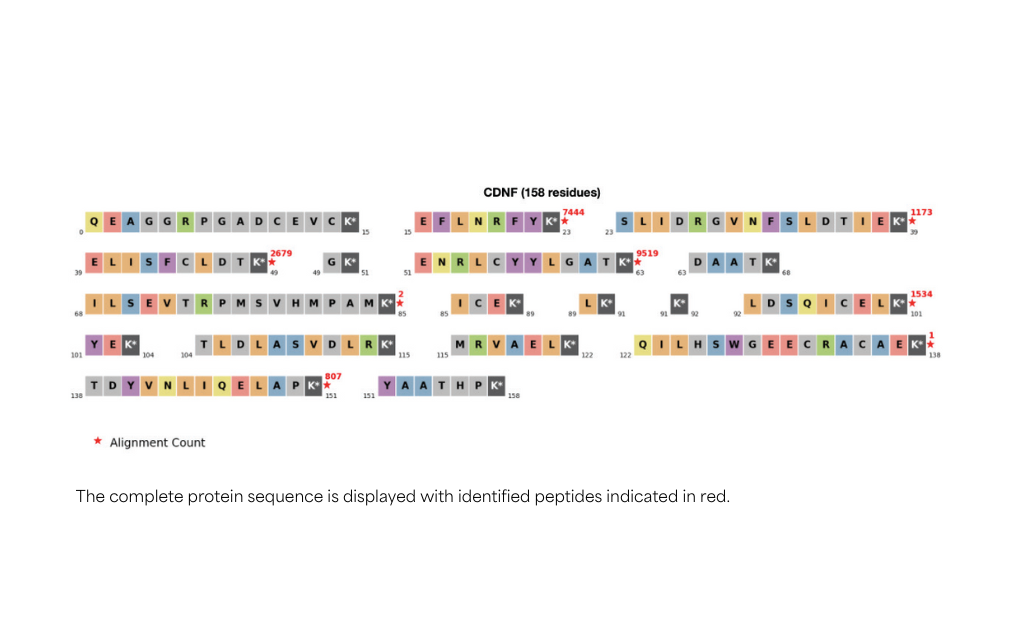Upgrades to Analysis Software Unlock New Discoveries
May 10, 2024 • John Vieceli, Ph.D.

By John Vieceli, Ph.D., SVP of Product Development
Last week, Quantum-Si announced an exciting update to our suite of software tools, reaffirming our commitment to continually enhance Next-Generation Protein Sequencing™ (NGPS) for our customers. Following the introduction of the v2 sequencing kit in Q1, this Q2 software update marks another step forward. Additionally, we’ve pre-announced further enhancements to the sequencing kit slated for release in Q3. These product releases underscore Quantum-Si’s dedication to advancing proteomic insights and revolutionizing biology through a better understanding of the proteome and its proteoforms.
Advancing our software and algorithms greatly improves Quantum-Si’s technology because it is how the results of the sequencing assay are translated to meaningful information about the customer’s sample. Software also directly affects the system throughput and accuracy of Quantum-Si’s NGPS instrument, Platinum®. Our latest software release brings significant enhancements to the technology, including:
- 55% increase in the number of peptide alignments of protein samples
- 9% increase in the precision of identifying unknown proteins present in a given sample
- 70% reduction in primary analysis time from 85 minutes to 25 minutes
These enhancements are underpinned by several software development advancements, which I’m thrilled to shed some light on.
Firstly, we have begun harnessing artificial intelligence (AI) to train a model that generates a database of about two million kinetic signatures. A kinetic signature comprises the measurable characteristics of the series of dynamic NAA recognizer events that uniquely identifies a peptide. As the complexity of this model grew, it became evident that investing in AI methods was crucial for scalability and rapid re-training based on newly generated data. The accuracy of kinetic signatures is paramount to system performance, as empirical kinetic measurements are matched against the database during processing. The adoption of AI equips our technology to scale with high precision as protein sequencing expands, new NAA recognizers are developed, and capabilities with proteoforms evolve. AI-based model training for the kinetic database significantly drives the throughput and accuracy improvements achieved with this software release.
Secondly, this release marks a substantial reduction in analysis workflow processing time. Through meticulous optimization efforts, our software team has slashed the processing time of the primary analysis workflow—the initial step in analyzing every run—by a staggering 70%. With a groundbreaking technology that facilitates a novel approach to studying and interrogating proteins and peptides, rapid experimentation and swift access to results are paramount for Quantum-Si customers. Reducing data processing time is a pivotal means of accelerating the discovery cycle.
On a final note, this recent release owes its success to the exceptional R&D prowess at Quantum-Si, spanning Research, Technology Development, and Product Development. Our team is building upon years of R&D in NGPS to maintain a pace of innovation that will fuel the proteomic era. Every member is fully committed to our company’s mission, tirelessly ensuring that impactful advancements are delivered to customers, enabling them to unlock the full potential of NGPS. It’s a remarkable team that can deliver at the pace we’ve already demonstrated in 2024. I eagerly anticipate our next product release in Q3 and the ongoing enhancements that QSI will make to NGPS on Platinum.
John Vieceli, Ph.D., Senior Vice President, Product Development (Bio)
John Vieceli, Ph.D. is Quantum-Si’s Senior Vice-President of Product Development. He is an accomplished senior leader with nearly two decades of experience building and mentoring technical teams, bringing early-stage technology development to market, and leading strategic programs. Dr. Vieceli joined QSI in December 2022.
Prior to that, he held leadership positions at various next generation DNA sequencing companies, including Illumina, Omniome, and Pacific Biosciences. His work has focused on areas such as bioinformatics, image and signal processing, and computer subsystems for sequencing instruments. Dr. Vieceli was awarded the Illumina Annual Innovation Award in 2022 for signal processing improvements that resulted in significantly higher sequencing accuracy. Prior to that, his technical work on patterned flow cells and new sequencing chemistries played a key role in driving down the cost of human genome sequencing below $1,000 at Illumina. He is an inventor on over 25 patent filings in the areas of nanofabrication, signal processing algorithms, and assay development and an author on over 20 publications in DNA sequencing and surface chemistry. Dr. Vieceli received his Ph.D. in Theoretical Physical Chemistry from the University of California, Santa Cruz and his B.S. in Biology and Chemistry from Santa Clara University.